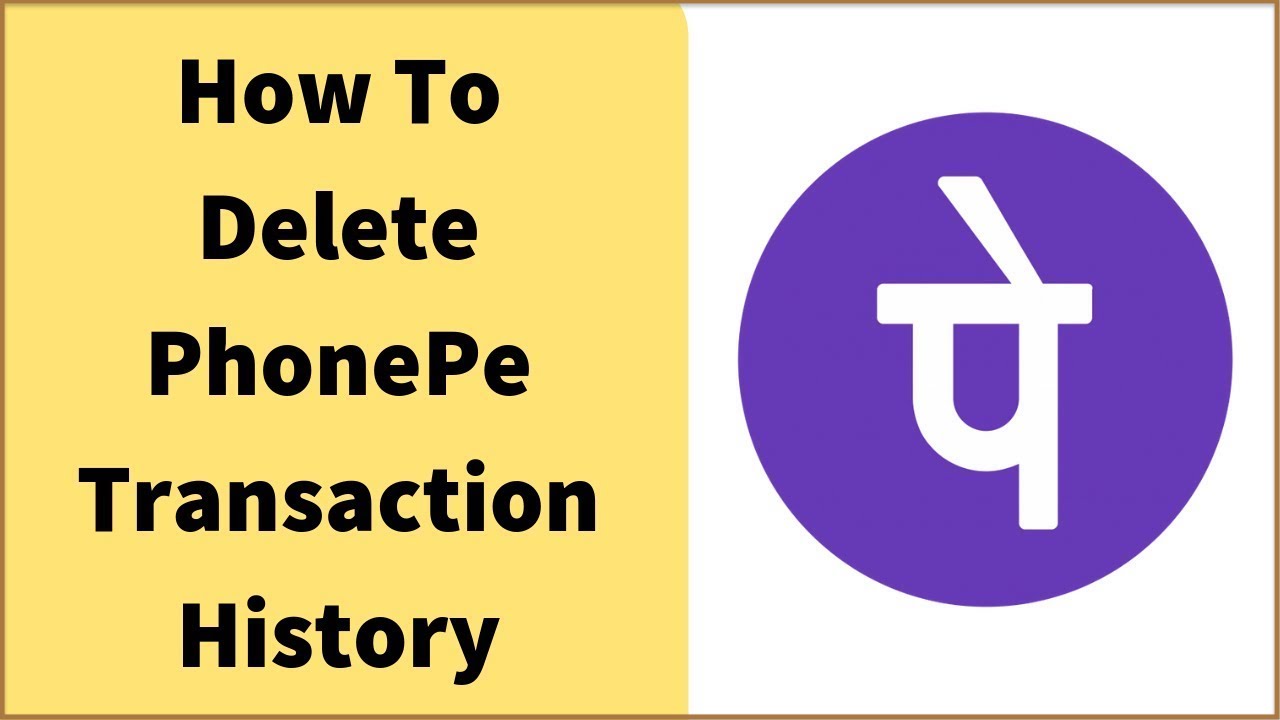Common Myths About ELSS Investment

People often look for creative ways to save money, but have you heard of an investment instrument that helps you accomplish your financial goals, build wealth, and offers tax-saving benefits? ELSS (Equity Linked Savings Scheme) funds provide such an opportunity.
However, ELSS funds are often misunderstood despite being an efficient tax-saving and wealth-creating investment instrument. Investors may rush into these funds without sufficiently acquiring knowledge, leading to various myths circulating online and offline forums.
As an investor – whether you are new to investing or more experienced – it is worthwhile to educate yourself on such myths. Here are five common ELSS investment “myths” you should be aware of, so you can capitalise on all the advantages and possibilities these tax saving mutual funds offer.
Investors can exit ELSS funds after three years
ELSS mutual funds come with a lock-in period of three years. This period is often misinterpreted, as many investors assume that their investment in the ELSS portfolio is automatically withdrawn at the end of three years. This is not the case.
The lock-in period means that you cannot withdraw your investment funds before the completion of three years. After the lock-in period ends, your ELSS mutual fund units convert into regular open-ended equity funds, and then you can redeem your units whenever desired.
Therefore, it’s important to note that while ELSS funds have the mandatory minimum lock-in period, an investor’s ELSS investment horizon can extend longer than the mandated 3-year duration if desired.
You can’t invest above the Rs 1.5 lakh Section 80C limit in ELSS funds
Many people mistakenly believe that they can only invest up to Rs. 1.5 lakh in ELSS or other tax-saving instruments each year due to the tax benefits offered under section 80C of the Income Tax Act, 1961. However, there’s no cap on how much you can invest in ELSS funds beyond this limit; you can invest more if it benefits your portfolio and financial goals.
The only thing to note is that you cannot claim a tax deduction higher than Rs. 1.5 lakh per year under Section 80C of the Income Tax Act. Therefore, plan your investments accordingly and ensure you take advantage of the opportunities available with ELSS investment that could help grow your wealth over time.
ELSS mutual funds require a lump sum investment
ELSS mutual funds often come with the misapprehension that they require a lump sum investment to gain eligible tax benefits. However, the fact is that you can invest in ELSS funds through a SIP (Systematic Investment Plan) and still enjoy the same 80C deductions. You can easily capitalise on this opportunity without putting aside your entire Rs 1.5 lakh limit all at once by investing small monthly contributions instead of a large, lump sum amount at once.
ELSS investment returns are tax-free
Although ELSS mutual funds offer favourable tax treatment, it is essential to note that this does not mean that returns on these investments are entirely tax-free. While long-term capital gains up to Rs. 1 lakh made annually from ELSS funds are exempt from income tax, any profit exceeding this amount is subject to a 10% long-term capital gains (LTCG) tax in addition to applicable surcharges and cess. Remember that any equity fund held for more than 36 months is liable for the same LTCG tax rate of 10%.
A Demat account is mandatory to invest in ELSS
You can invest in ELSS in the same way as other mutual fund products. While it is true that having a demat account may make the process simpler, it is not a requirement. You have other investment options as well.
You can ask your broker to purchase these tax-saving mutual funds on your behalf. Moreover, you can also approach an asset management company, fill out the required forms, and submit identity proof and KYC documents, after which your investment can be purchased even without having a demat account.
While no investment is entirely risk-free, these five ELSS investment myths have been perpetuated over time – without any factual basis or evidence to back them up. As a potential investor, you must base your decisions on reliable, accurate sources and not be swayed by hearsay or misconceptions.
Continually evaluate your investment goals, financial needs, and risk tolerance, and consult a financial advisor from time to time to make the most out of your ELSS investments.




